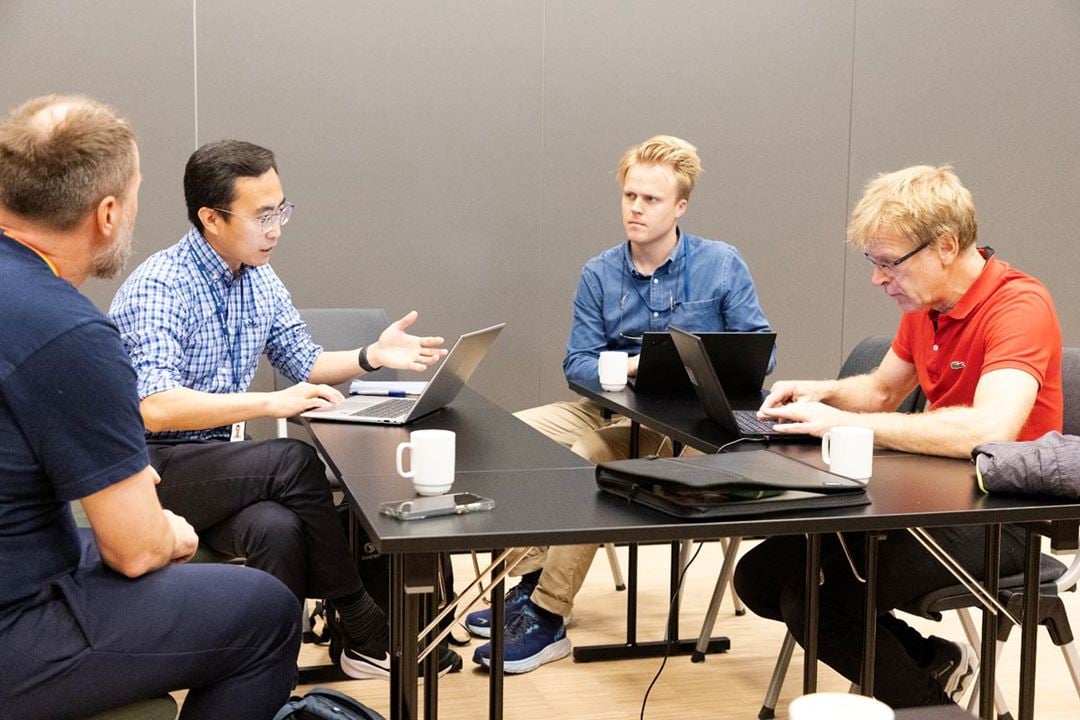Recognising that education, research and innovation are essential to the success of offshore wind in Norway, the new centre is designed to strengthen collaboration across disciplines and institutions.
It brings together experts from a wide range of academic and research fields that contribute to offshore wind development – including engineering, natural sciences, social sciences and mathematics. The launch event set aside some time for mapping existing strengths across NTNU faculties and SINTEF institutes, as well as discussions on research synergies and strategic themes for the new centre.

Konstanze Kölle, Research Manager at SINTEF, and one of the co-leads of the new centre, says the aim is to build closer ties between research groups that are already active in the field.
“Offshore wind is a complex and interdisciplinary area. By establishing this Gemini Centre, we want to strengthen cooperation across existing groups and create a stronger and more integrated research environment,” says Kölle.
The centre will cover a wide range of topics relevant to offshore wind, from technology and infrastructure to environmental impacts, policy frameworks and system integration. One of the key activities of the day was a group session on identifying research synergies, where participants discussed how to align efforts and share resources more effectively.
Trond Kvamsdal, Professor at NTNU and co-lead of the centre, highlights the importance of coordination:
“We already have a broad base of expertise in offshore wind at both NTNU and SINTEF. What we need now is better coordination and long-term planning. The Gemini Centre gives us a platform to do just that,” says Kvamsdal.
The Gemini Centre model is a long-standing collaboration framework originally established by NTNU and SINTEF in 2003. The concept has since expanded to include the University of Oslo, St. Olavs Hospital and NTNU Social Research. The model is based on voluntary and equal partnerships, with a focus on building strong academic environments capable of addressing major societal challenges.


